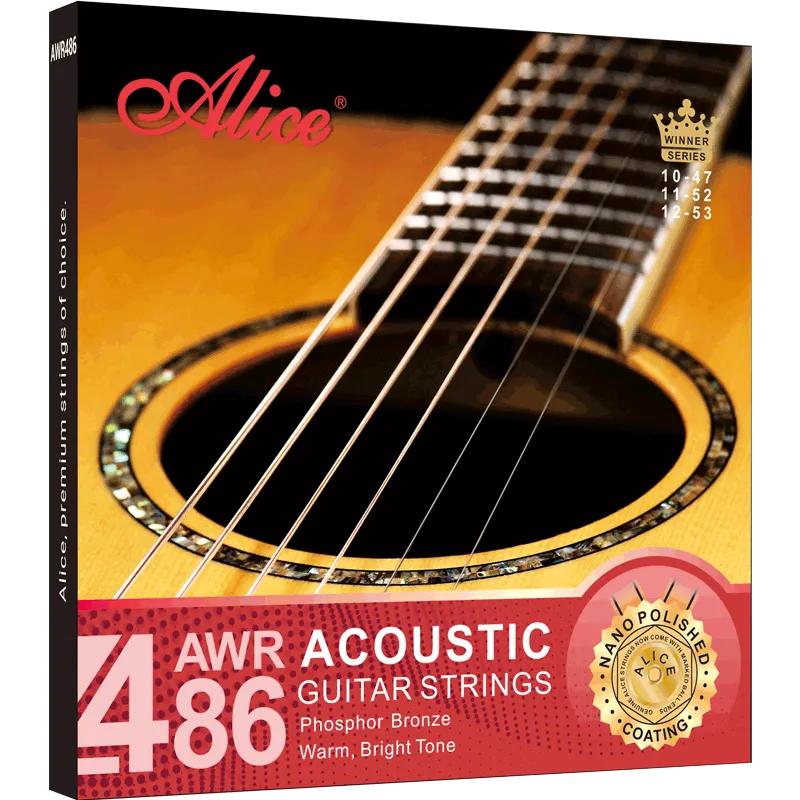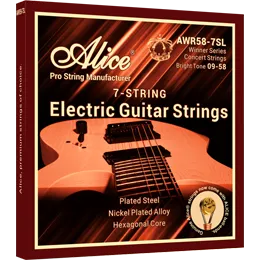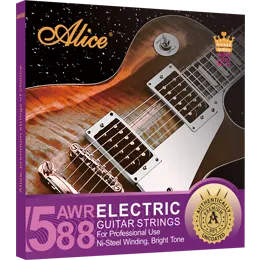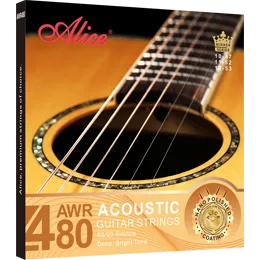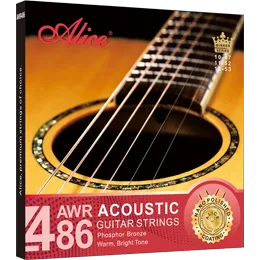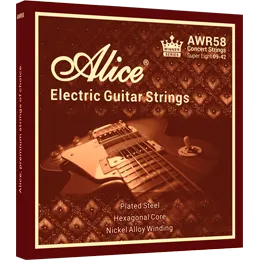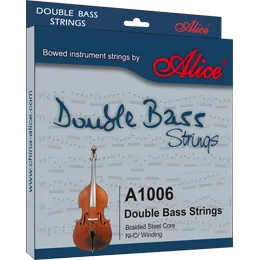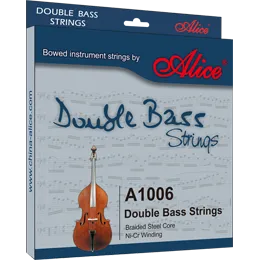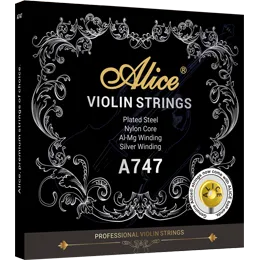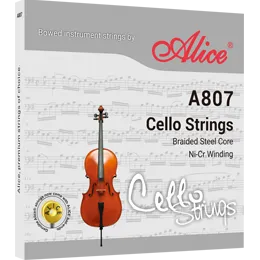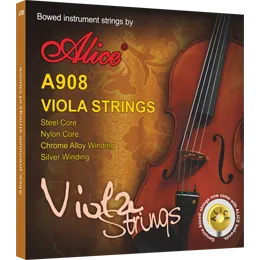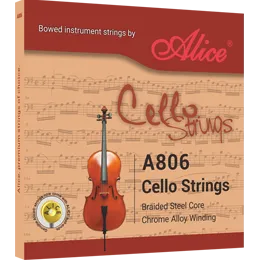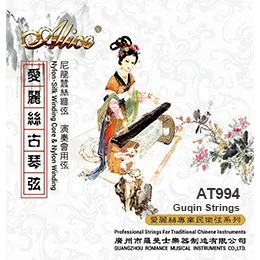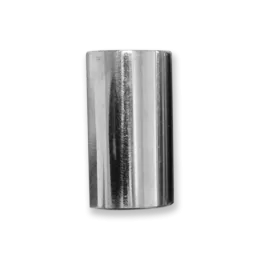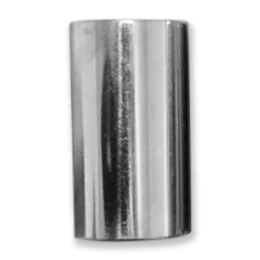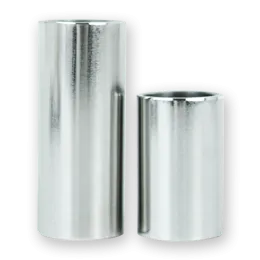What Are Guitar Strings Made of? And How Do They Work?

Guitar strings are the most critical element of a guitar that fundamentally impacts the instrument's sound and, ultimately, the player's experience. The guitar string material composition, gauge, age, and condition directly shape the instrument's tone. Therefore, understanding and choosing the right strings is critical for enhancing a guitarist's performance and overall playing experience. Let's explore more about “what are guitar strings made of” and “how do they function”!
History And Development of Guitar String Materials
The earliest guitar string material was gut string prepared from the natural fiber found in the walls of animal intestines. These were the primary materials for guitar strings used from the 13th century till the 20th century. However, guitarists soon encountered issues such as instability with humidity, breakages, and intonation problems, which led to the introduction of metal strings. These included steel and silver-plated strings that were used in the late 19th century.
As the 20th century approached, there was a shift towards steel, nickel, and bronze strings, which enhanced the range of tones for these instruments. Modern guitar string materials used to make guitar strings include various steel alloys, nickel-plated steel, phosphor bronze, and coated/treated strings that increase longevity.
What Are Guitar Strings Made Of?
Guitar strings are made of a hexagonal core, which forms the central part of the string and provides adequate tensile strength. There is a winding wire that goes around the core that can have three types, namely, roundwound, which is the most common winding, flatwound, and halfwound.
Read more about string windings here: Guide of Guitar Strings: Round Wound, Flat Wound, or Half Wound
Some guitar strings also have an outer coating that primarily serves as a protective layer or anti-rust coating. After all, it is important to ensure that the guitar strings are well-protected for producing the most melodious tones.
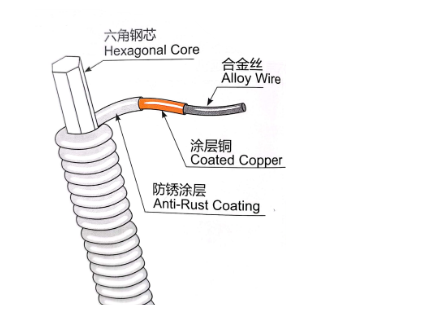
Effects of Different Types of String Cores, Alloy Wires, And Coating
The guitar string core material, alloy winding wires, and coatings used on guitar strings can significantly impact their tone, feel, and longevity in many ways. Let’s discuss these in detail.
String Core Materials
The core material of guitar strings plays a significant role in determining the string's tonal characteristics, durability, and feel.
Steel Cores | Nylon Cores | Synthetic Cores |
They provide crisp tones with excellent projection, so they are used in most acoustic and electric guitar strings. However, they also tend to have a higher tension, which can affect intonation and cause faster fret wear over time. If you ask what are electric guitar strings made of, steel cores are the ultimate answer!
| These are used for classical guitars as they produce a mellow tone with less tension and give the best experience for finger-style playing.
| These are made of polyester and aramid. Synthetic cores offer increased durability compared to traditional materials. |
Alloy Wires
Alloys are created to enhance certain properties of the constituent metals, such as strength, hardness, toughness, corrosion resistance, and electrical or thermal conductivity. Here are some common types of alloy wires and their applications:
80/20 Bronze | Phosphor Bronze | Nickel |
Tone: Crisp Durability: Moderate.
| Tone: Warm, balanced, rich Durability: High, corrosion-resistant.
| Tone: Warm Durability: Moderate, less corrosion-prone than steel.
|
Nickel-Plated Steel | Stainless Steel | Silk and Steel |
Tone: Bright, articulate Durability: High, corrosion-resistant.
| Tone: Very bright, crisp. Durability: Very high, corrosion-resistant.
| Tone: Soft, mellow, warm Durability: Moderate
|
Coatings
Coated strings have a better chance to maintain their tone and feel longer than uncoated strings. There are two common types of coating:
Polymer Coatings | Nano-coatings |
A thin polymer layer is applied to the entire string or just the wound portion. This coating protects against corrosion, sweat, and dirt, significantly extending the lifespan of the strings. However, they may feel slightly slippery to some players.
| Let’s first talk about what nano-coating is. Nano-coatings are applied as an extremely thin layer on the strings, often less than a few nanometers thick. Nano-coatings provide a bright, lively tone and a traditional feel while offering longevity benefits. |
Alice Guitar Strings
We recommend trying out Alice guitar strings; Alice offers a wide variety of products to choose from without compromising on functionality and purpose. We manufacture high-quality products that confer international standards for music artists, songwriters, and composers. Our products are known globally for their exceptional quality and the impeccable technique used to make them. Our guitar strings are durable and offer consistently reliable performance.
Conclusion
We encourage all guitar enthusiasts and performers to pay attention to the quality of the strings when purchasing them, as these strings enable them to ensure that their music always sounds crisp. If you want professional advice and products, please visit our official website for further consultations and queries.
Relate News
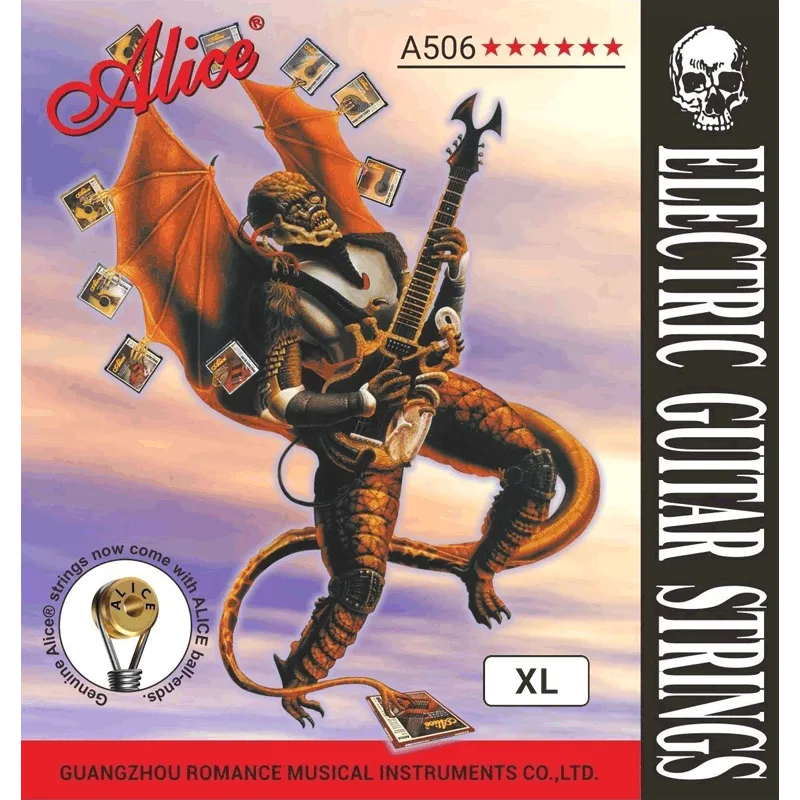

How to Choose the Right Guitar Strings for Your Guitar
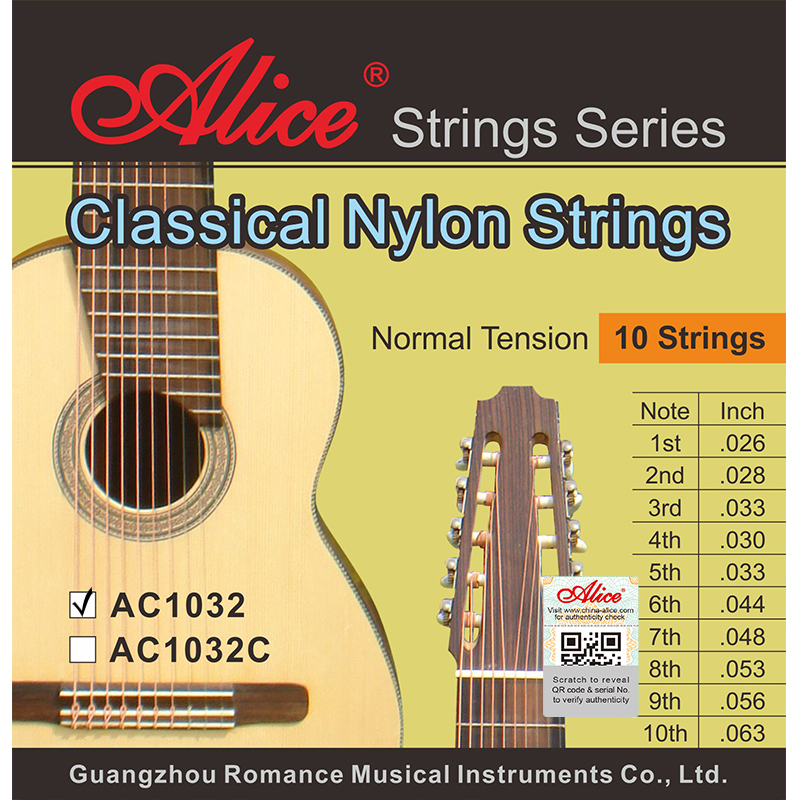
Nylon Strings for Classical Guitars: Everything You Need to Know

5 Key Indicators to Identify High-Quality Acoustic Guitar Strings
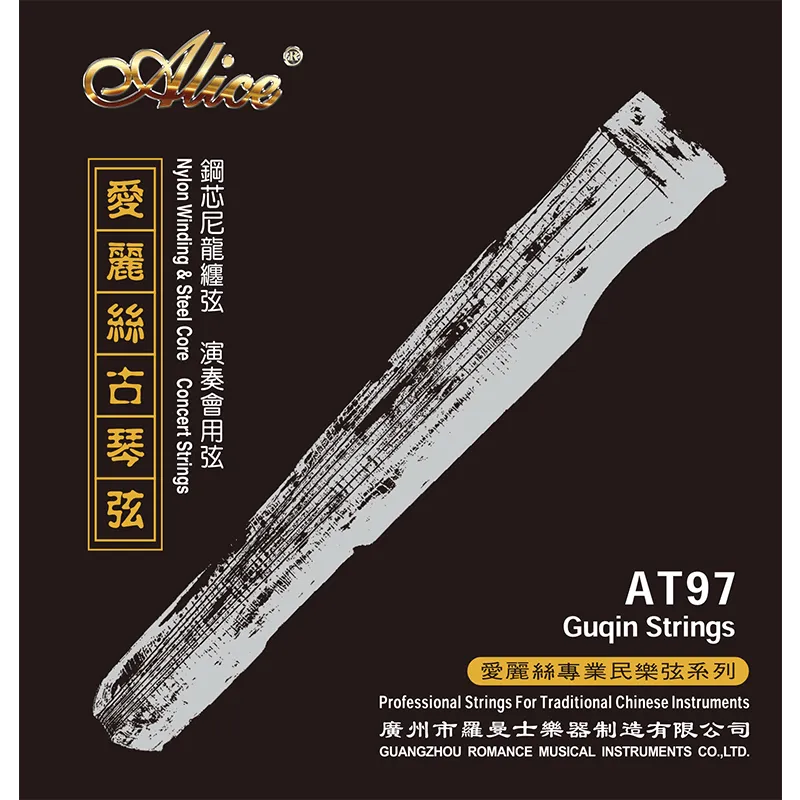
What Are Guqin Strings Made Of?

Silk Strings, Steel Strings, and Nylon Strings: Which Is Best for Your Traditional Music Performance?

Complete Guide to Guitar String Materials

Orchestral Strings Explained: A Beginner-Friendly Guide to Violin, Viola, Cello, and Double Bass

Tone Comparison of Brass Alloy, Phosphor Bronze, and Coated Guitar Strings

How to Choose the Right Guitar Strings for Your Performance: A Scenario-Based Buying Guide

OEM Guitar String Customization: A Detailed Guide to the Process
